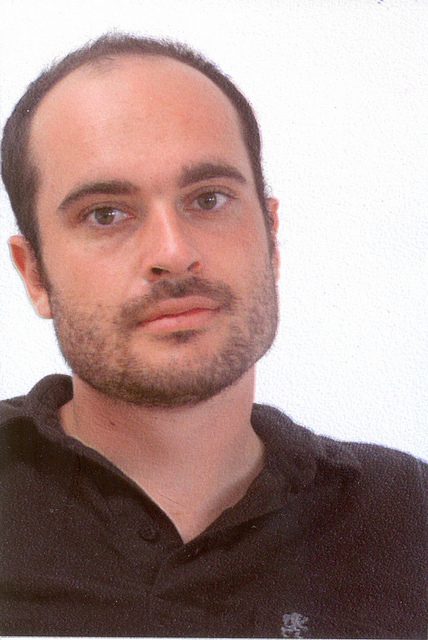Warren Wilson faculty member Jennifer Grotz was recently interviewed for Puerto del Sol:
When did you begin writing poetry? How did you choose your genre?
JG: Well, as Pound said at the end of his career, “I did not enter into silence. Silence captured me.” That is, though it may sound melodramatic, I honestly feel as though poetry early on captured me—I never even considered another genre to write in, and though I do aspire to complete some significant prose at some point, it’s going to be a struggle, I think. The way I think most aligns itself with the way poems think and operate.
As for when I started writing, well, again, I can’t remember not making poems. My very first writings were scribbles, little extra lines and verses, into the large illustrated Bible my grandmother gave me as an infant. There was a lot of strange stuff I wrote—part letters, part diary, part poem—and then I discovered the poetry section of my school library, and, later, the public library. That’s where I began to read poetry—which, naturally, began to shape and strengthen my ability to write poems...[Keep Reading]…
Jennifer’s new poem, “Impressionist,” which she recently read at the MFA summer 2012 residency, is up at Plume Poetry:
Impressionist
Once it was declared awful because it was brilliant
and then it was so universally brilliant it became awful.
And then we only loved the way they broke their own rules,
“we” including me, but now I think of Monet every day...[Keep Reading]…
Jennifer is the author of the poetry collection The Needle (2011, Houghton Mifflin Harcourt).
(2011, Houghton Mifflin Harcourt).


(2010, Copper Canyon Press) and Next Word, Better Word: The Craft of Writing Poetry
(2011, Palgrave Macmillan).







